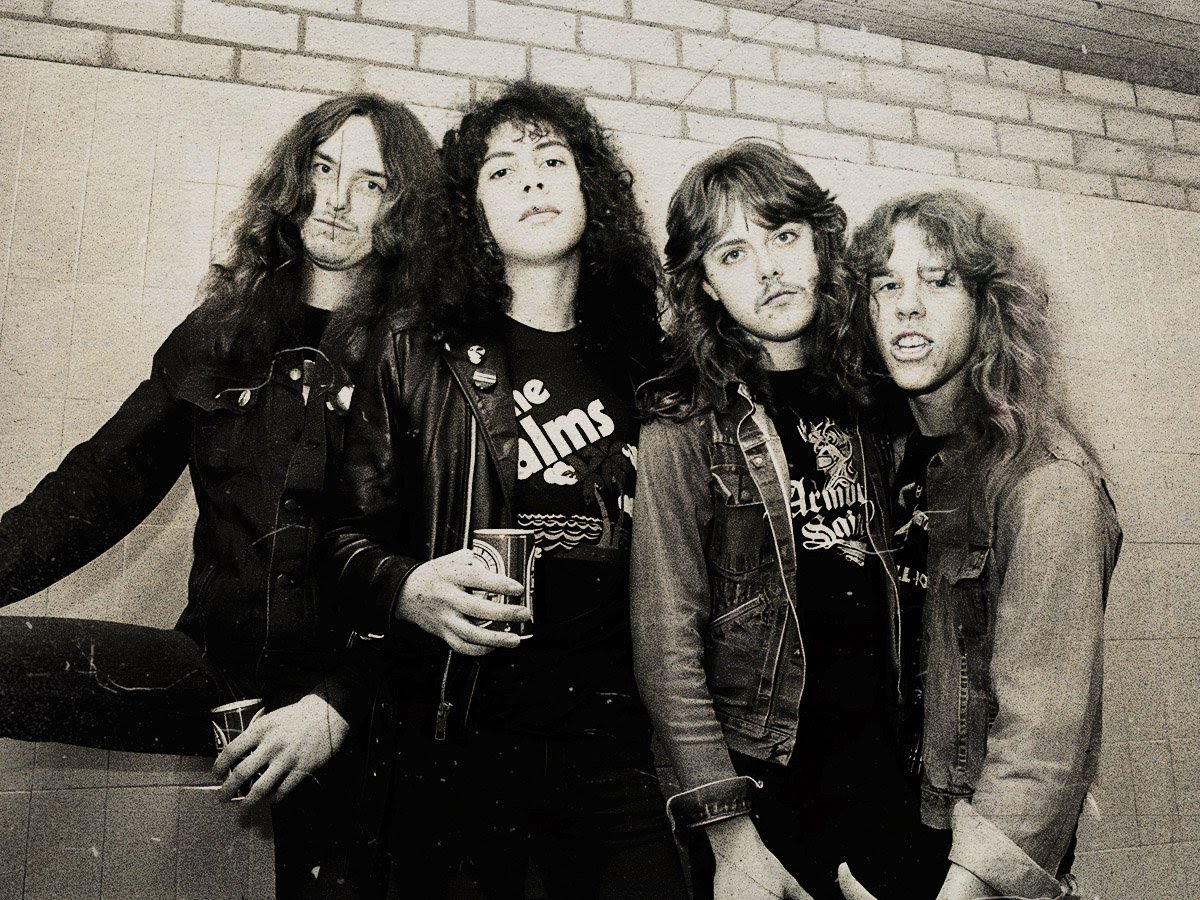By the end of the 1980s, Metallica was still playing like they had something to prove. Although the group may have been trucking like a metal machine throughout most of their time together, the loss of Cliff Burton saw them at a musical crossroads, looking to make the best out of a bad situation by getting Jason Newsted into play the bass parts for the rest of the record. While the band did have a lot of anger to hash out following Burton’s passing, And Justice For All also took a few cues from classic cinema.
Throughout the album’s recording, the band would contribute hundreds of riffs onto tapes and stack them on top of each other. When talking about the process after the fact, drummer Lars Ulrich likened the songwriting process to musical architecture, making the tracks feel like a sturdy structure based on how many riffs could be crammed into one song.
Outside of the evil nature of the riffs on a track like ‘The Frayed Ends of Sanity’, the band realised how similar the opening chords felt. Rather than taken from a Black Sabbath or Iron Maiden tune, the riff’s root accents were taken from the soldier chant in the middle of The Wizard of Oz, as Dorothy and her friends travel into the castle to meet the ancient wizard.
Metallica wasn’t exactly shy about making the reference as straightforward as possible, throwing in background vocals identical to the movie’s soldier chant. While some film fans may have been pleasantly surprised by the subtle movie reference in the intro, it didn’t take long for the band to return to their regularly scheduled thrashiness. James Hetfield turned the riff into something far more aggressive as the song went along.
While the band had fun during the sessions, there were a few sad moments across the track listing as well. To summarise the spirit of their fallen bandmate, ‘To Live is To Die’ was conceived as a celebration of everything Burton brought to the table, featuring various bass swells in the middle of the tune to simulate the sounds of classical instruments.
Although the one tune might feature bass swells, the rest of the track listing featured practically no bass at all. As a way to haze the new guy, Ulrich had suggested dropping the bass so low in the mix that it could barely be heard, making the production of the album sound thin by comparison.
Even with the subpar production, the band knew they had reached the end of an era after creating And Justice For All. Despite the massive amount of instrumental progression they made across the record, their need to be better than everyone else had an expiration date, leading them to shoot for mainstream stardom in 1991.
With the help of producer Bob Rock, the band were focused on making more straightforward tunes while also giving the bass a prominent spot in the final mix. Even though Metallica was into pushing their music to the darkest depths they could reach, the subtle callback to The Wizard of Oz showed that there was still a sense of humour underneath all that aggression.



